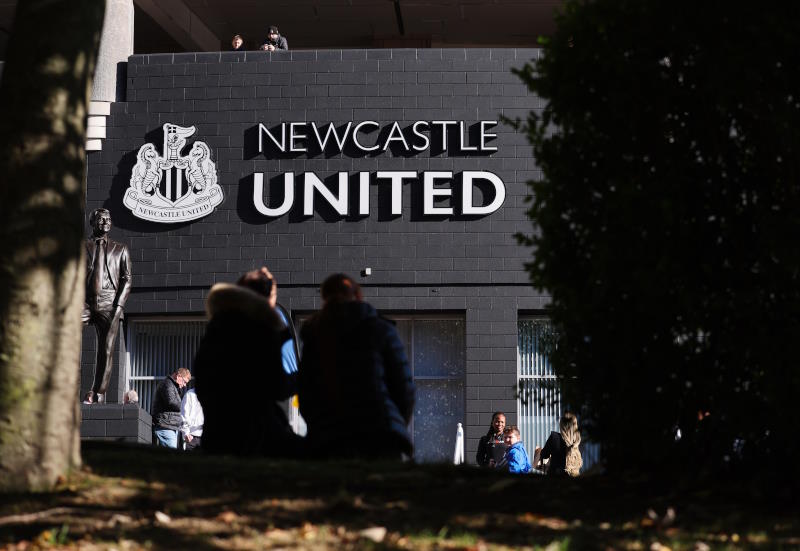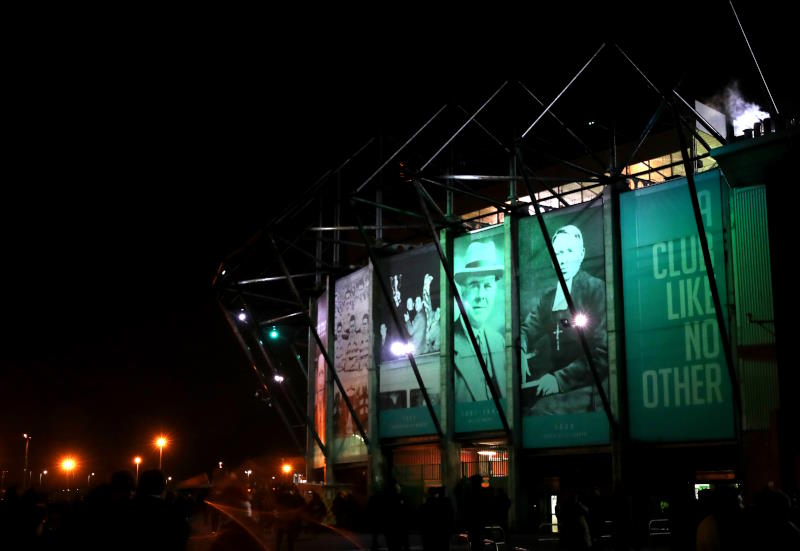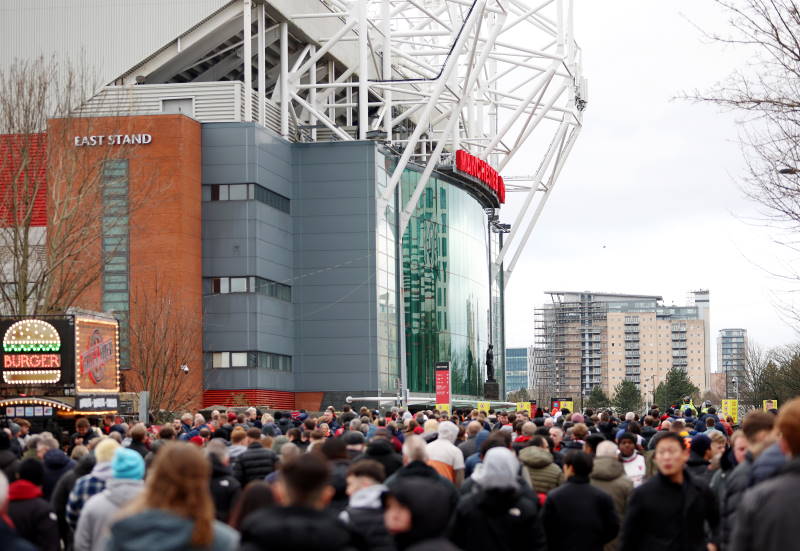![]()
The past week saw effusive praise dolled out to a certain diminutive Barcelona number ten following his five goal salvo in a 7-1 Champions League victory over Bayer Leverkusen. But while Lionel Messi grabbed the worldwide headlines, across in his home continent of South America, another much more evenly contested match featuring eight goals provided the prime entertainment of the week.
Atletico Nacional of Colombia have begun the 2012 Copa Libertadores in fine fettle, recording wins over Penarol and the highly-fancied Universidad de Chile, scoring six times without reply. On 8th February they travelled to Mendoza to take on Godoy Cruz, whose one win and one loss had yielded a goal difference of minus three, primarily due to a 5-1 thrashing at the hands of Universidad de Chile.
The match was primed for goals, and so it proved, although few would have predicted eight of them, much less eight that were evenly distributed. In an end-to-end encounter in which Godoy Cruz led once and Atletico Nacional three times, a 90th minute equaliser, and hat-trick capper, from Leandro Caruso salvaged a point for the home side.
For those with no more than a casual interest in the South American game it was a match that seemed to justify the perception that football on the continent is much more free-wheeling than in Europe, with such high-scoring matches a regular occurrence. In reality the result was a bit of an anomaly, engendered by specific circumstances rather than being representative of a broader trend.
The post-match reaction from both sides told the story. “As a coach when you concede four goals you can’t be happy”, Nacional’s Santiago Escobar commented. “It was a result caused by errors”, concurred Godoy Cruz midfielder Diego Villar.
The home side, desperate to get themselves back on track following the humiliation of their thumping by Universidad de Chile, attacked with renewed verve, but maintained the same defensive instability that had seen them carved open at will in their previous match. Atletico Nacional signed 16 new players in the off-season and although the level of control their quick-gelling forwards and midfielders have exerted over matches had shielded the problem from view until now, their entirely new defence are still not entirely comfortable and were shown to be highly error prone.
That is not to detract from the quality of the match, or indeed some of the goals – both of Dorlan Pabon’s were superbly constructed and finished – but to take it as indicative of South American football enjoying more goals than its European counterpart would be incorrect.
In fact, over the last five years the average number of goals per match in Europe’s Champions League has actually been marginally higher than in the Copa Libertadores. An average of 2.58 goals per match were scored in the group stages and knockout rounds of the Champions League from 2006/07 to 2010/11, compared to 2.51 per match in the Copa Libertadores over the same period.
The obvious assumption would be that the number of weaker sides in the group stages of the Champions League artificially increases the goals per match average of the competition. While there was a higher average number of goals in the group stage of the Champions League – 2.58 per match compared to 2.53 in the Copa Libertadores – the average actually increases – to 2.59 – in the knockout stages of the Champions League, while it decreases – to 2.46 – in the Copa Libertadores.
On two occasions in the period the Copa Libertadores saw two legged knockout ties end 0-0 – Universitario vs Sao Paulo in 2010 and Estudiantes vs Cerro Porteno in 2011 – before going to penalties. No such scorelines were recorded in the Champions League, but both competitions saw one team which failed to score a single goal in group play – Maccabi Haifa in the 2009/10 Champions League and Coronel Bolognesi of Peru in the 2008 Copa Libertadores.
Over the five-year period the Champions League saw six matches end with eight goals or more, while there was just one that did so in the Copa Libertadores. In addition, including Barcelona’s win over Bayer Leverkusen, there have been a further three matches with eight goals or more in this season’s running of the European competition.
A cursory glance at those nine Champions League results reveals just one draw – the 4-4 between Chelsea and Liverpool in the 2009 quarter-finals – alongside one 5-3, a 6-2, a 6-3, four 7-1s and even an 8-0. What becomes clear then is that although the Champions League generally enjoys more goals, in the most high-scoring matches they are very rarely apportioned equally.
Of course, one must not necessarily equate goals with entertainment, being that the latter is a nebulous concept reliant on personal taste and perception. To some it comes from witnessing pure perfection in action, for others it comes from equality of competition. So although the Champions League may boast slightly more goals per match on average than the Copa Libertadores that is not to necessarily say that it is more exciting. It is all a matter of personal opinion.












